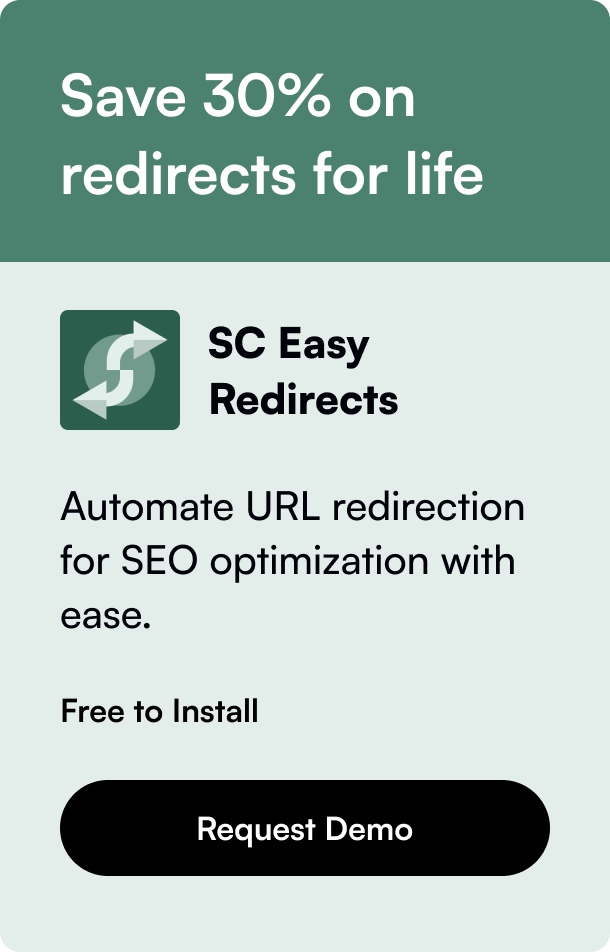Table of Contents
- Introduction
- Code and Customization
- Expense and Cost Efficiency
- Themes, Plugins, and Transaction Fees
- Hosting Differences
- User Experience and Support
- Conclusion: Weighing Your Options
Introduction
Choosing the right e-commerce platform for your online store is a pivotal decision that can ultimately determine the success and scalability of your business. The e-commerce landscape offers a variety of platforms, but two that often go head-to-head are Shopify and nopCommerce. These platforms cater to a broad spectrum of users with distinct business needs, from startups to expansive enterprises. This comparison aims to demystify Shopify vs nopCommerce, helping you decide which one suits your business blueprint. Let's delve into what sets these platforms apart and how they can be the fulcrum to your online selling endeavors.
Code and Customization
One of the primary differences that set nopCommerce apart from Shopify is the level of customization it offers. Being open-source, nopCommerce allows developers full access to its backend, meaning that if your business requires heavy customizations or specific integrations, nopCommerce might be your best bet. However, Shopify isn't without merit; its user-friendly liquid templating language caters well to front-end customizations, making it convenient for quick launches and non-technical users. Regardless, for businesses planning to scale and may need extensive custom changes, nopCommerce edges out as a contender with more flexibility owing to its ASP.NET framework.
Expense and Cost Efficiency
When discussing the cost implications, the difference between owning a Shopify or nopCommerce store is quite stark. Shopify is a subscription-based model with varying price points, while nopCommerce stands out with its free full-capacity offering, only necessitating pay for hosting and potential plugins or themes. Additionally, Shopify's plans tend to incorporate features that nopCommerce already offers out of the box, potentially leading to plugin costs that could add up. If lowering ongoing costs is critical for your financial strategy, nopCommerce is arguably the economical choice, offering high value with lower total cost of ownership over time.
Themes, Plugins, and Transaction Fees
On the themes and plugins front, both e-commerce giants boast an impressive array of options. Nonetheless, even though Shopify declares a robust store for add-ons, the transaction fees linked with third-party payment providers might tip the scales in favor of nopCommerce for some businesses. With nopCommerce, the open-source nature means the community creates myriad solutions without transactional overheads which can be financially attractive if your business deals with high-volume transactions.
Hosting Differences
In hosting, Shopify simplifies the equation by providing its own hosting solutions, which is a significant relief for businesses looking to avoid the fuss of external hosting services. In contrast, since nopCommerce is self-hosted, it places the hosting control into the store owner's hands, which can be seen as a boon for those wishing to harness detailed control over their data and settings. The choice here swings on preference: ease and convenience against absolute control and potential savings in hosting costs.
User Experience and Support
Shopify often receives accolades for its intuitiveness, paving the way for even novices in the e-commerce domain to set up attractive stores swiftly. NopCommerce, sporting a more complex interface packed with out-of-the-box functionality, might be less seamless on the uptake but promises a rewarding user journey after a modicum of familiarization. Support-wise, Shopify stands tall with inclusive customer service, while nopCommerce capitalizes on a vibrant community where freely shared expertise can be harnessed by store owners.
Conclusion: Weighing Your Options
In summing up, navigating the Shopify vs nopCommerce question hinges on analyzing not only the present state of your e-commerce requirements but also where you project your business in the future. If rapid deployment and less hands-on technical work align with your goals, Shopify might be your match. Conversely, if customizability, control, and cost efficiency reign paramount in your strategy, nopCommerce positions itself as a compelling proposition.
FAQ Section
Q: Which platform is better for businesses looking to customize their online store thoroughly? A: NopCommerce takes the lead in customization due to its open-source nature, allowing businesses total access to modify and tweak the platform's backend.
Q: How do Shopify and nopCommerce differ in terms of hosting services? A: Shopify offers its own hosting services, simplifying the process for users, while nopCommerce requires the store owner to manage their hosting, offering more control and the possibility of lower costs.
Q: Which platform is preferable for users with limited technical skills? A: Shopify is designed with a user-friendly approach, making it accessible for individuals with minimal to no technical expertise to build their online store.
Q: Does nopCommerce charge transaction fees for sales on the platform? A: No, nopCommerce does not charge transaction fees on sales, which distinguishes it from Shopify, which imposes fees for using third-party payment gateways.
Q: Is immediate customer support available for both Shopify and nopCommerce? A: Shopify provides 24/7 direct customer support, while nopCommerce relies on a community-driven support system, supplemented by paid professional support options.
Whether scaling the heights of online retail or laying the cornerstone of your digital storefront, your choice between Shopify vs nopCommerce will pivotally sculpt the trajectory of your e-commerce adventures, ensuring your platform of choice matches step with your business vision.








